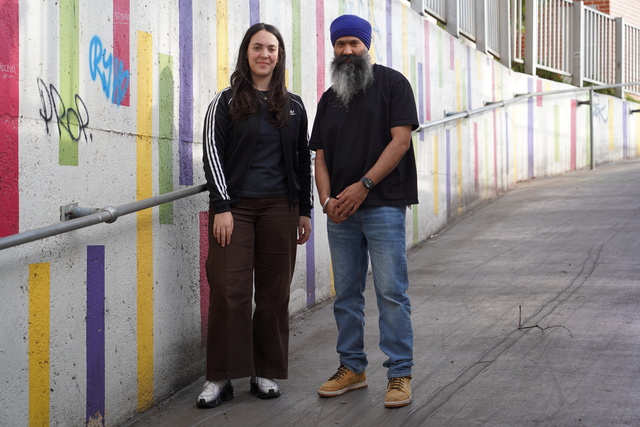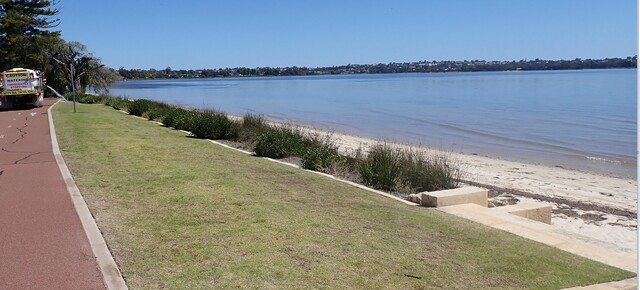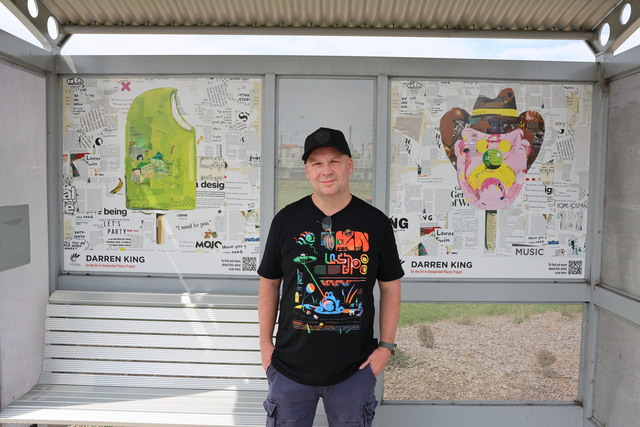The Abbott Government walked away from urban development, and Conservative governments are wary of using the term ‘plan’.
So blow me down if the Turnbull Government announced the Smart Cities Plan earlier this year. (Hoorays to Lucy Turnbull for championing this.)
The announcement indicated that City Deals would be the core of the program. These will coordinate investment, planning and reform across the three levels of government. Deals have already been struck for Townsville, Launceston and Western Sydney e.g. in Townsville the components include an integrated sporting stadium and entertainment centre as well as a rail corridor.
The initial three Deals seemingly evolved from pre-election commitments, so the dollar commitments are still a bit rubbery.
Indeed, I asked the PMs Department about forward commitments for Deals for other cities, but was met with polite silence. I suspect that Budget allocations will be made as the Plan evolves.
It gets trickier because last month a $50 million Smart Cities and Suburbs Program was announced. Some hints have been dropped as to what might be supported e.g. collaborative design of solutions to complex urban problems, pilots of emerging technologies, scaling up of technologies, business case development and transformative collaborations between multiple councils and technology industry partners that link with future plans for the area.
This is a competitive program, and confined to local government. The program’s design will be finalised after a roundtable process in Sydney, Melbourne, Brisbane, Adelaide and Perth.
There is also a Sustainable Cities Investment Fund with $100 million p.a. for renewable energy and energy efficiency technology in Australia’s cities.
It’s not clear to me how the Program, the Fund and the Plan relate to each other. Perhaps you can tell me after the roundtables? Whatever the case, this whole agenda is the province of Angus Taylor, the Assistant Minister for Cities. He is a rising star within Liberal ranks – childhood spent outside Nimmitabel (Monaro region), University medal, McKinsey partner. It will be very interesting to see what he makes of it.
Cost-benefit analysis
As noted above, the Smart Cities and Suburbs Program has funding for business case development. Could a council or two be encouraged to delve into a project to improve the quality and application of cost-benefit analysis, including ways of reconciling economic, social and environmental aspects?
To explain, urban and regional development at all levels of government is hamstrung by the lack of quality cost-benefit analysis (CBA). It is reflected in badly conceived infrastructure projects, the politicisation and/or rorting of processes, and a massive waste of public funds. A key cause in my experience is the inability of administrators and procurement managers to undertake or appreciate CBA reports, which in turn leaves decision-makers – councillors, Board members and politicians – too much wriggle room.
There are hundreds of examples of projects that don’t pass the sniff test – some that come readily to mind are the feds’ $100 million educational centre adjacent to the Australian Memorial in Villers-Bretonneux, the ACT Government’s $1billion Light Rail project, and the NSW Government $153 million grant towards the Randwick Racecourse Grandstand. Whoever signed off on these projects surely had benefits in mind that were outside any standard CBA, assuming that even a rough analysis was done? If there are such benefits, let taxpayers and voters hear about them.
In the same vein, there is an argument for procurement managers and program administrators to undergo some basic training in CBA. It could be widened to include urban planners, engineers, economic developers, etc. and thereby lift the professionalism of those who deliver the nation’s hard and soft infrastructure. I have some ideas on how such a project might be structured – please drop me a line if you are interested.
Lifting the local pubs’ performance
We visited a much-touted tourism facility outside Canberra last week, and the tables and floor in the café were filthy, the toilets were missing taps, and the food was terrible. It reminds me of a town in outback NSW where the pub is dysfunctional and the only supermarket is outrageously expensive.
What does council do about this? One school of thought is that it’s none of its business – indeed a councillor or council staffer buying into this could make some powerful enemies.
On the other hand, the facility in question may be pulling down the whole community and driving tourists away. And the facility won’t have a website where it can read customers complaints.
Is there scope for a subtle approach whereby professional outside help is offered gratis to all tourism facilities within a town?
A couple of years ago the federal Department of Health had a program that provided professional advice to food outlets, so it wouldn’t be such a great leap for a one-off project that provided assistance with advice on health and safety, food preparation, customer service, marketing, procurement etc. I think it would need to be a free service to the businesses, otherwise the laggards wouldn’t take up the offer. It would be a good federal-state-local government collaboration. Again, contact us if you want to kick the idea around.
Rod Brown is a Canberra-based consultant and lobbyist specialising in industry/regional development, investment attraction and clusters, and accessing federal grants. He also runs the Cockatoo Network.
Phone: (02) 6231 7261 or 0412 922 559
Email: apdcockatoo@iprimus.com.au
Blog: www.investmentinnovation.wordpress.com (750+articles)







